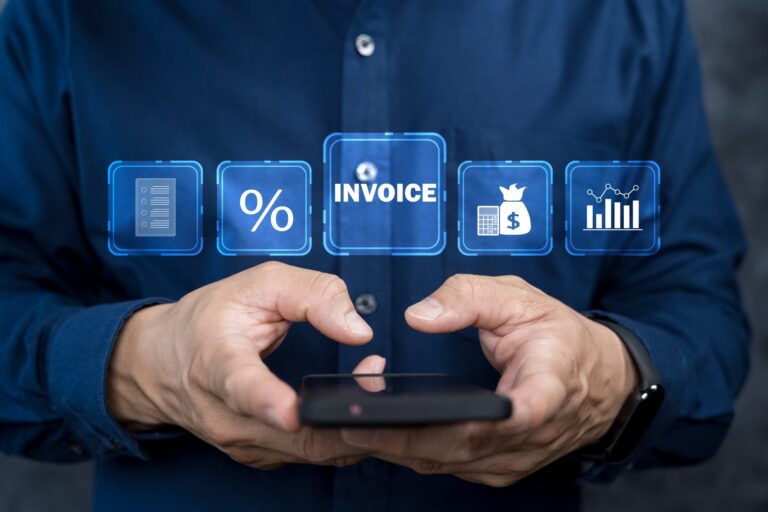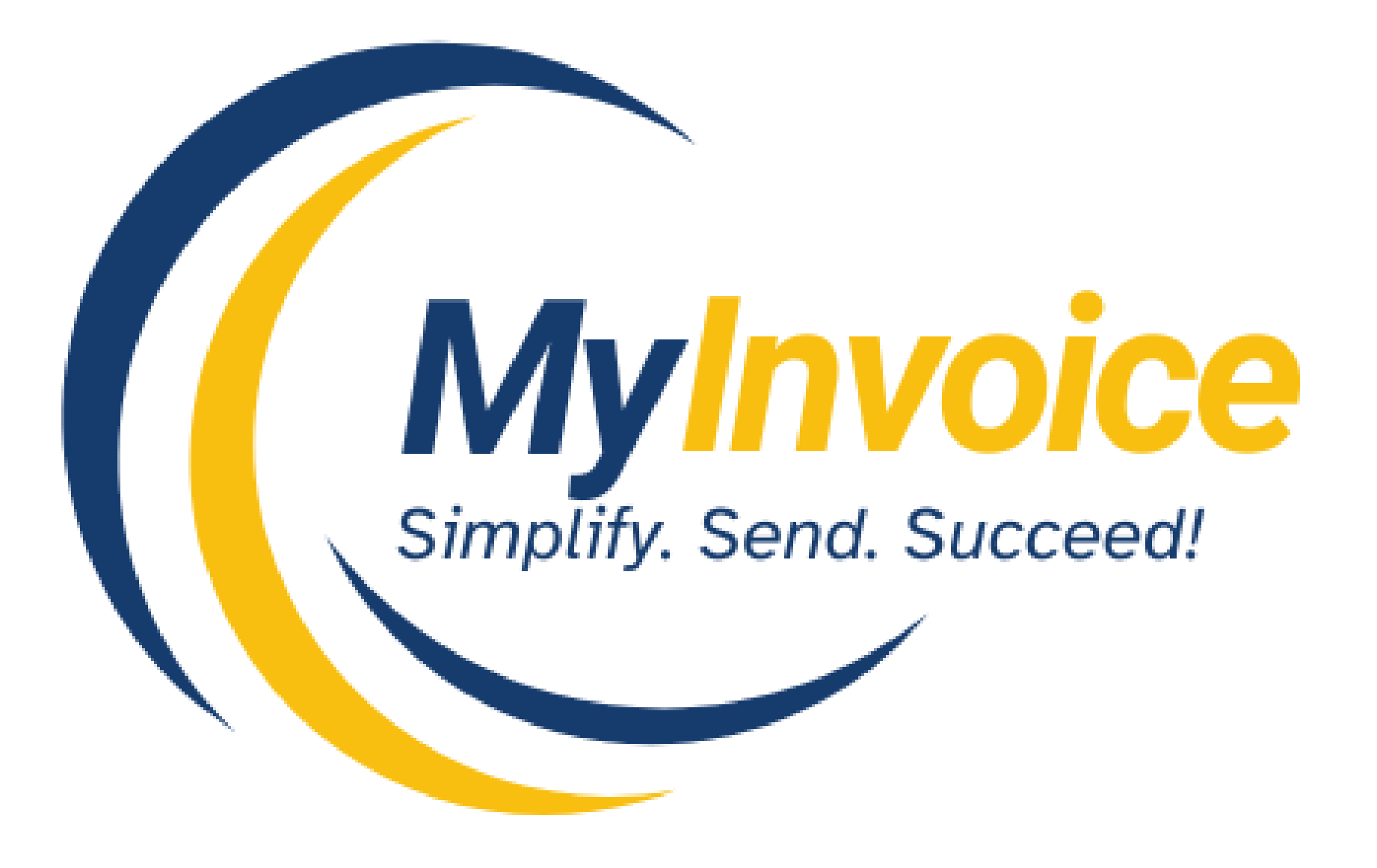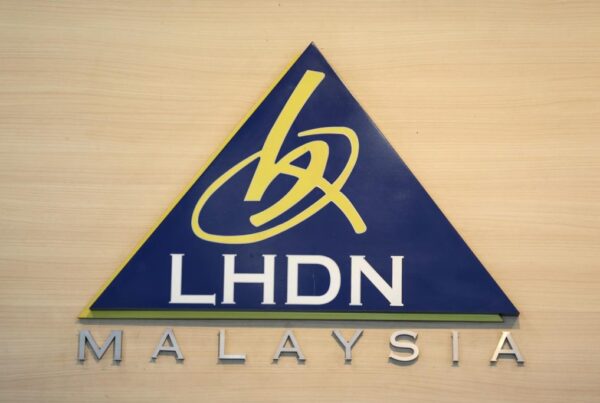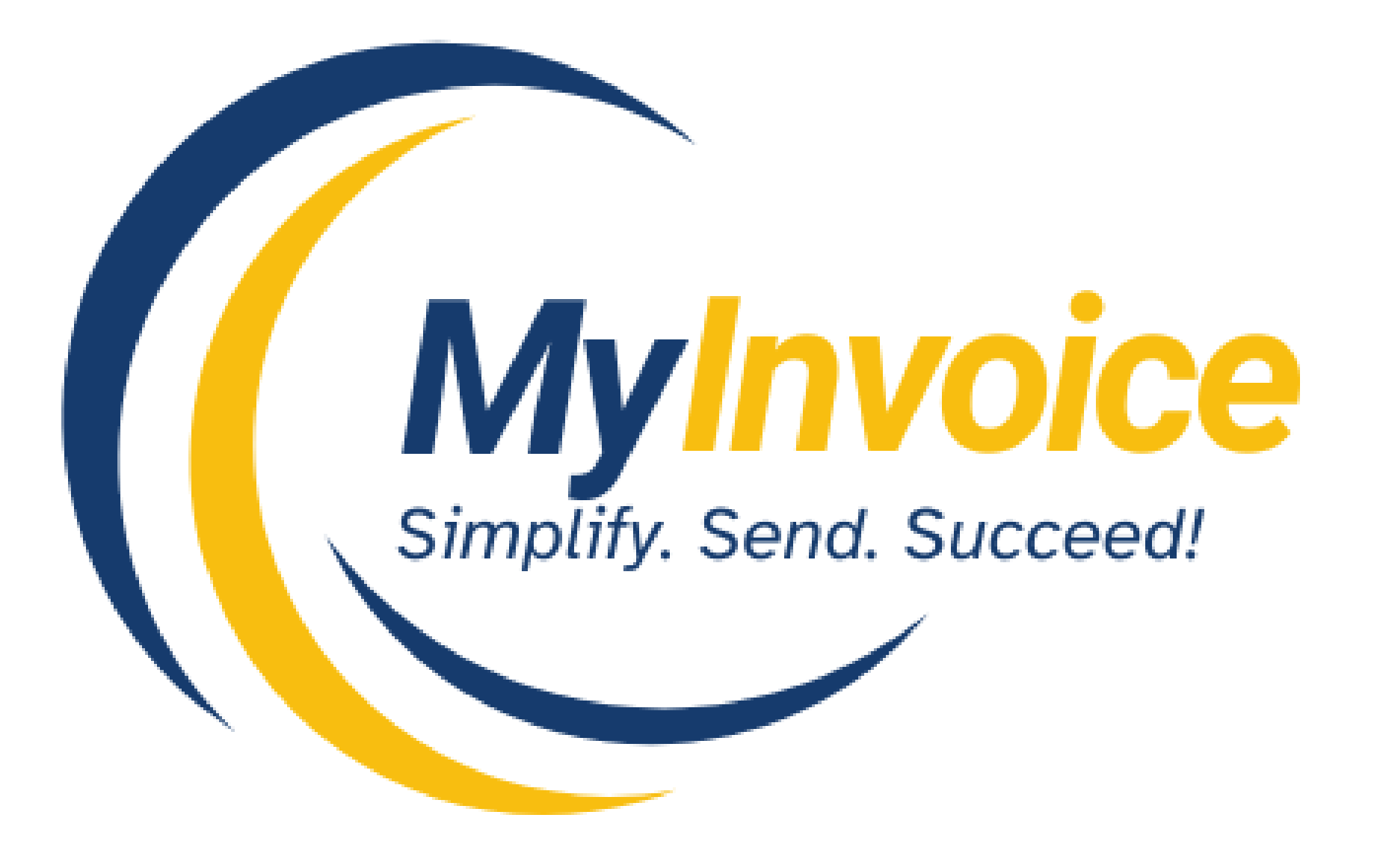Why tax deductibility must still pass the legal tests of substance under Sections 33 and 39 of the Income Tax Act.

Malaysia’s e-invoicing implementation by LHDN represents a fundamental transformation in business transaction documentation. While this digital initiative enhances tax transparency and reduces leakage, a concerning misconception has emerged among taxpayers and professionals: the mistaken belief that possessing a validated e-invoice automatically qualifies an expense for tax deduction.
The Limitations of E-Invoice Guidelines
While LHDN’s e-invoice guidelines provide valuable technical direction, they lack legislative authority regarding tax deductibility. The recent introduction of Section 82C in the Income Tax Act mandates e-invoice issuance but notably doesn’t amend Sections 33 or 39 – the core provisions governing expense deductibility. This means:
-
E-invoices serve as documentation tools, not automatic deduction approvals
-
The fundamental tax deductibility rules remain unchanged
-
Businesses risk audit challenges if relying solely on e-invoices for claims
The True Test of Deductibility
Tax deductibility continues to be governed by:
-
Section 33(1): Expenses must be “wholly and exclusively” for income production
-
Section 39: Explicitly prohibits certain expenses (capital, personal, fines)
These provisions emphasize substance over form. For instance, a valid e-invoice for a company-purchased luxury watch remains non-deductible unless it meets business purpose requirements and isn’t prohibited under Section 39.
The Two Pillars of Valid Claims
Proper expense claims require:
-
Documentation: Now transitioning to e-invoices
-
Substantive Basis: The expense must meet legal criteria for business necessity
While e-invoicing improves the first pillar, it doesn’t replace the need to satisfy the second.
Potential Risks and Misapplications
The current narrative risks creating dangerous assumptions:
-
That e-invoices alone guarantee deductions
-
That non-e-invoice documentation becomes invalid
-
That businesses can bypass traditional deductibility tests
This could lead to:
-
Increased audit challenges for compliant taxpayers
-
False confidence in questionable expense claims
-
Unnecessary scrutiny of legitimate traditional invoices
Recommendations for Businesses
-
Implement e-invoicing as required, but:
-
Maintain focus on substantive deductibility requirements
-
Continue applying Sections 33 and 39 tests to all expenses
-
Recognize traditional invoices remain valid for claims
-
Avoid viewing e-invoicing as an automatic deduction pass
Conclusion
Malaysia’s e-invoicing system marks significant progress in tax administration, but we must distinguish between procedural compliance and substantive entitlement. The law continues to require expenses to be justified by both proper documentation and legitimate business purpose. Until legislative changes specify otherwise, traditional invoices supported by proper substantiation remain fully claimable under existing tax provisions.
Source Credited: https://www.freemalaysiatoday.com/category/opinion/2025/05/13/e-invoicing-is-not-a-green-light-for-tax-deductions




